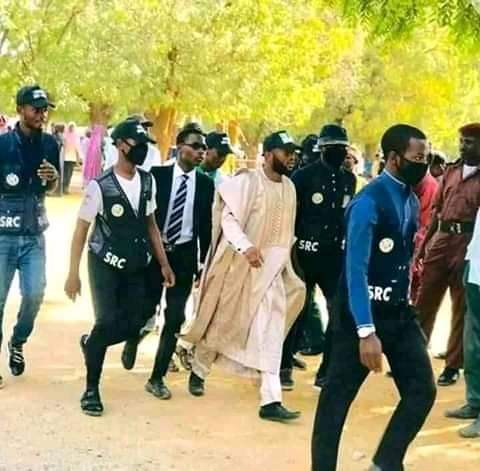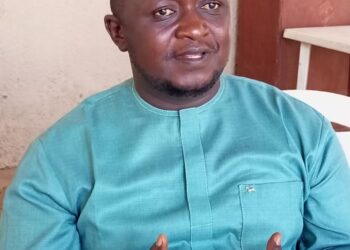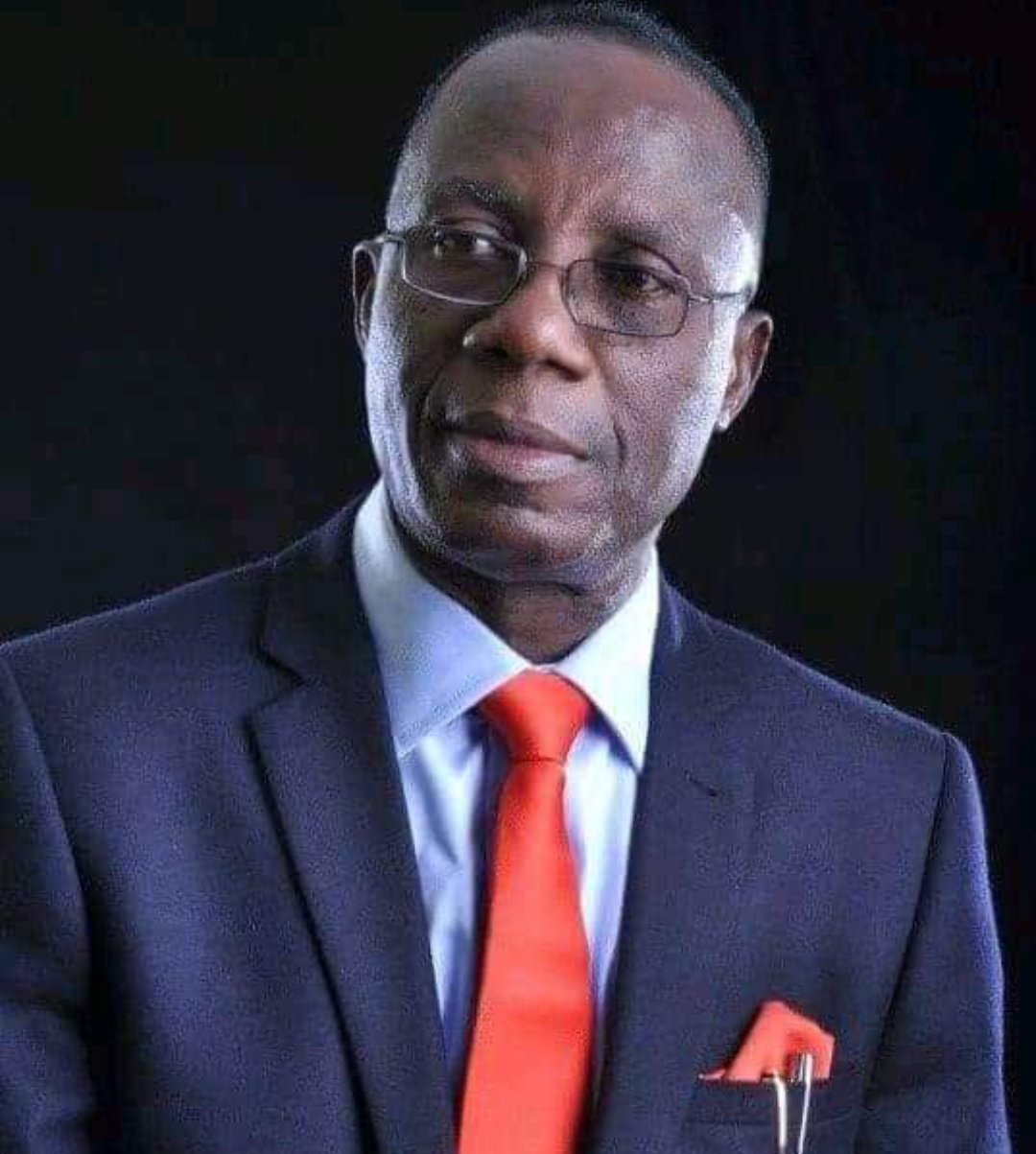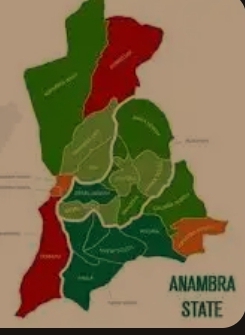Parents and students across Nigerian universities have expressed their concerns and appeal for measures to alleviate the burden of increasing tuition fees, as economic hardships persist. Read about the impact of rising fees and the urgent need for support in the education sector.
As the economic challenges in Nigeria continue to take a toll on its citizens, parents and students are grappling with another pressing issue—the alarming hike in university fees. The escalating cost of education has sparked widespread outcry, with fears of increased financial strain and potential mass dropouts. In this article, we explore the repercussions of rising fees, the factors contributing to this trend, and the urgent call for relief from parents and students across the country.
The Impact Of Soaring Tuition Fees
The recent adjustments in registration fees for various courses across federal and state-owned universities have sent shockwaves through Nigerian society. Reports indicate that some increments have reached a staggering 300%, exacerbating the economic woes faced by ordinary citizens. The removal of fuel subsidies and the devaluation of the naira by the Central Bank of Nigeria (CBN) have further compounded the financial burden on parents and students seeking higher education.
Economic Struggles
Parents and students alike are grappling with the harsh realities of an economy marred by inflation, rising living costs, and reduced purchasing power. Many families are already burdened with expenses related to food, transportation, and utilities, leaving them ill-equipped to bear the additional financial strain of increased tuition fees.
Lack of Access to Students’ Loan Scheme
While the recently enacted Students’ Loan Bill was expected to provide relief, the lack of clarity on how the scheme will benefit Nigerians has only deepened the complexity of the situation. Parents and educationists are concerned that the ambiguity surrounding the loan scheme may hinder eligible students from accessing the financial support they desperately need.
Self-Sponsored Students’ Plight
Students who finance their education through small and medium enterprises (SMEs) or menial jobs face significant challenges in accessing the students’ loan scheme. Many fear that the stringent requirements and limited availability of funds may render the scheme practically inaccessible, leaving them without the means to pay their fees.
Protests and Demands for Mitigation
The mounting grievances against soaring university fees have prompted students to take to the streets in protest. At Ambrose Alli University (AAU) in Edo State, students recently staged a demonstration against a nearly 300% increase in registration fees. Law students, for instance, are now expected to pay as much as N741,500 compared to the previous year’s N185,000. The students lament the state government’s disregard for the financial constraints faced by the less privileged, asserting that education should not be reserved solely for the affluent.
Similarly, students and parents in Borno and Kano states have expressed their concerns about the far-reaching implications of increased fees. The University of Maiduguri and Bayero University Kano have announced significant hikes, prompting worries about a surge in dropout rates and limiting access to higher education for ordinary Nigerians. The stories of struggling students and their families highlight the urgency for action.
Appealing For Support
Parents, students, and education stakeholders are calling upon the government to address the rising university fees crisis promptly. They advocate for the provision of mitigating factors and the revitalization of the economy before implementing further subsidy removals in the education sector. President Bola Ahmed Tinubu has been urged to prioritize these measures to prevent mass dropouts and ensure that affordable education remains within reach for all.
The Dilemma of University Administrators
While the outcry from parents and students is understandable, university administrators face their own set of challenges. Rising operational costs, continuing to provide quality education, and maintaining infrastructure necessitate a steady stream of funding. As a result, administrators find themselves caught between the need to generate revenue through increased fees and the responsibility to make education accessible to all.
To address this dilemma, some university administrators are exploring alternative funding models. Collaborations with private enterprises, seeking grants and donations, and implementing cost-cutting measures are among the strategies being considered. However, these efforts alone may not be sufficient to alleviate the financial strain on parents and students.
Transparent And Inclusive Dialogue
A transparent and inclusive dialogue between the government, university administrators, students, parents, and other stakeholders is crucial. This dialogue should focus on finding sustainable solutions that balance the financial needs of the universities with the affordability of education for students.
Financial Aid And Scholarships
Governments, philanthropic organizations, and private enterprises should step forward to provide financial aid and scholarships to deserving students. By increasing the availability of scholarships and grants, more students can access higher education without being burdened by excessive fees.
Strengthening Students’ Loan Scheme
The government should ensure the effective implementation of the Students’ Loan Bill, providing clear guidelines and processes for students to access loans. The scheme should consider the needs of self-sponsored students and simplify the application process to facilitate broader participation.
Economic Reforms and Job Creation
Implementing economic reforms and initiatives that promote job creation can help alleviate the financial struggles faced by parents and students. By improving the overall economic climate, individuals will have better opportunities to meet their financial obligations, including university fees.
Investment in Education
Governments should prioritize investment in the education sector to ensure the sustainability and affordability of higher education. This includes adequately funding universities, supporting research and innovation, and creating an enabling environment for quality education.
The rising university fees in Nigeria have placed a heavy burden on parents and students, exacerbating the economic challenges already faced by many. Urgent action is required to address this issue and ensure that education remains accessible and affordable for all. Through transparent dialogue, financial aid initiatives, strengthening the students’ loan scheme, and promoting economic reforms, the government, university administrators, and stakeholders can work together to mitigate the impact of rising fees and safeguard the future of Nigerian higher education.










